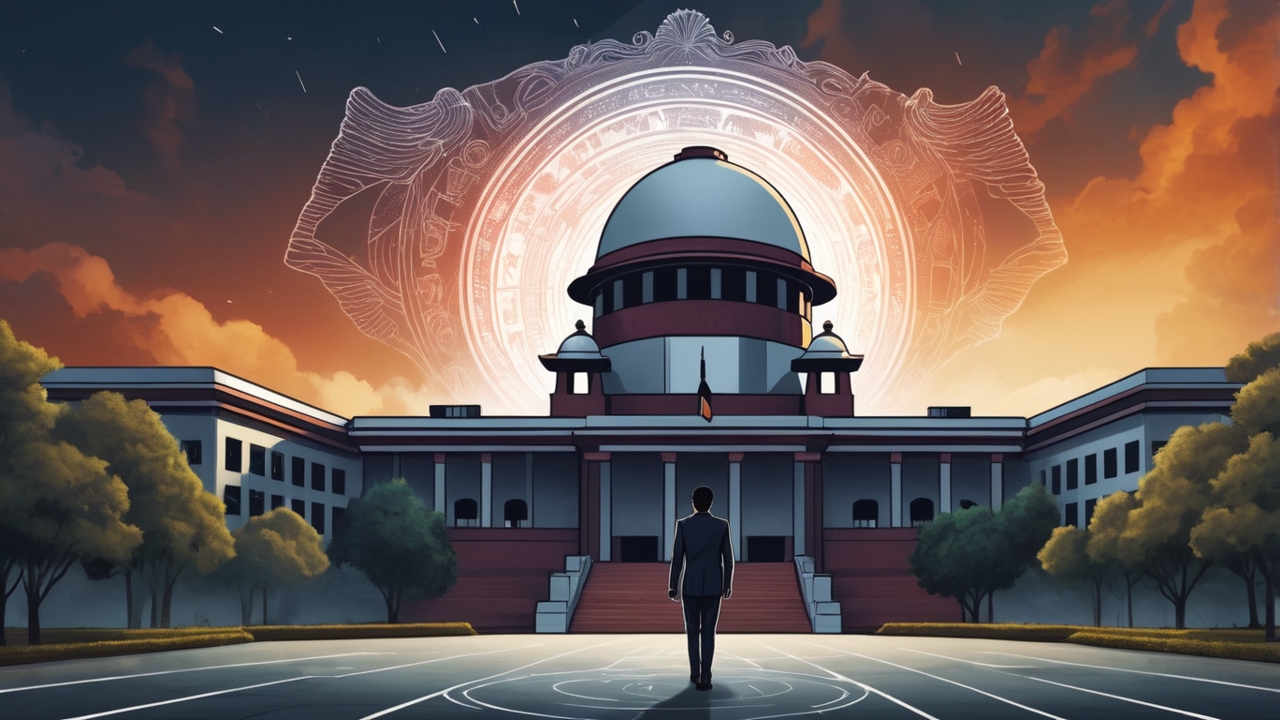Exploring the Impact of the Supreme Court's Recent Ruling on the Right to Privacy in India

The Recent Ruling: A Milestone in Privacy Protection
In a landmark judgment, the Supreme Court of India has reaffirmed the fundamental right to privacy as a constitutional guarantee. The ruling, delivered on August 24, 2017, has significant implications for individual privacy and data protection in the country.
The judgment was delivered in response to a batch of petitions challenging the validity of the Aadhaar scheme, which requires the collection and storage of biometric and demographic data for various government purposes. The court held that the right to privacy is a fundamental right under Article 21 of the Constitution, which protects citizens from arbitrary state action.
Key Takeaways:
- Right to privacy is a fundamental right: The Supreme Court has recognized the right to privacy as a fundamental right, protected under Article 21 of the Constitution.
- Data protection is a constitutional obligation: The court has emphasized the importance of data protection, requiring the government to ensure that personal data is collected, stored, and used in a manner that respects the individual's privacy.
- Aadhaar scheme: Constitutional but with limitations: The court has upheld the Aadhaar scheme as constitutional, but with certain limitations. It has prohibited the use of Aadhaar data for any purpose other than the one for which it was collected.
The ruling has far-reaching implications for individual privacy and data protection in India. It sets a strong precedent for the protection of personal data and emphasizes the importance of transparency and accountability in data collection and storage practices. As the country moves forward with digitalization and increasing reliance on technology, this ruling serves as a crucial safeguard for individual privacy and a reminder of the government's constitutional obligation to protect it.
